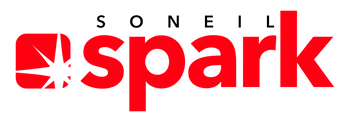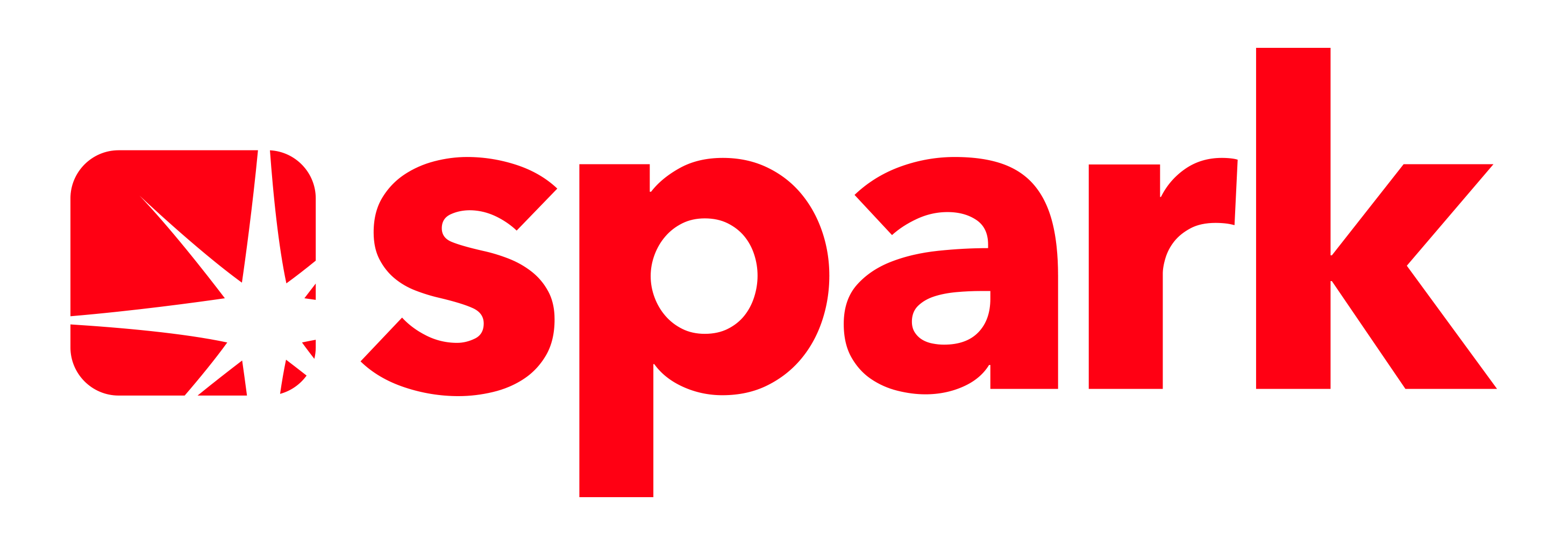Federal
1. The federal tax credit covers 30% of an EV charging station, necessary equipment and installation costs. For residential installations, the IRS caps the tax credit at $1,000.
Federal Tax Credit for Residential EV (rebates4evchargers.com)
2. The US Environmental Protection Agency (EPA) is offering $3 Billion for port authorities and state, regional, local, and tribal agencies with jurisdiction over ports, and air pollution control agencies to deploy zero-emission port equipment and to purchase and install charging infrastructure through its Clean Ports Program. EPA will provide reimbursement of up to $500 Million, up to 80-90% of total eligible project costs, depending on applicant and project details. Applications will be evaluated competitively and will be accepted between February 2024 and May 2024.
3. The National Electric Vehicle Infrastructure Formula Program allocates $5 billion in funding for EV charging infrastructure across 75,000 miles of highway across the country. Your organization must be within one mile of an established alternative fuel corridor to qualify and may need to meet other requirements as well.
States
1. New York State Electric and Gas (NYSEG) offers advisory services to fleets to analyze fleet electrification opportunities. Eligible applicants must be NYSEG customers and include any commercial, private, or public fleet with light-, medium-, or heavy-duty vehicles. For more information, see the NYSEG Fleet Assessment Services website.
2. RG&E offers advisory services to fleets to analyze fleet electrification opportunities. Eligible applicants must be RG&E customers and include any commercial, private, or public fleet with light-, medium-, or heavy-duty vehicles. For more information, see the RG&E Fleet Assessment Services website.
3. RG&E Level 2 and Direct Current Fast Charger (DCFC) Make Ready Program provides business and municipal customers with installation and funding support to install approved Level 2 or DCFC stations. For more information, including the participant guide and application, see the RG&E EV Charger Make-Ready Program website.
4. National Grid offers advisory services to fleets to analyze fleet electrification opportunities. Eligible applicants must be National Grid customers and include any commercial, private, or public fleet with light-, medium-, or heavy-duty vehicles. For more information, see the National Grid Fleet Advisory Services Program website.
5. O&R offers advisory services to fleets to analyze fleet electrification opportunities. Eligible applicants must be O&R customers and include any commercial, private, or public fleet with light-, medium-, or heavy-duty vehicles. For more information, see the O&R Fleet Owners and Operators website.
6. O&R offers a TOU rate to residential customers that own or lease an eligible EV. For more information, see the O&R Rate Options for Charging at Home website.
7. The O&R POWERREADY EV Program provides commercial customers with installation and funding support to install approved Level 2 or direct current fast charging (DCFC) stations. Additional funding is available for eligible projects located within underserved communities. Additional terms and conditions apply. For more information, including the participant guide and application, see the O&R POWERREADY EV Program website.
8.Central Hudson offers advisory services to fleets to analyze fleet electrification opportunities. Eligible applicants must be Central Hudson customers and include any commercial, utility, private, or government entity with light-, medium-, or heavy-duty fleet vehicles. For more information, see the Central Hudson Fleet Assessment Services website.
9. The Central Hudson EV Make Ready Program provides business and municipal customers with installation and funding support to install qualifying Level 2 or direct current fast charging (DCFC) stations. For more information, including the participation guide and application, see the Central Hudson EV Infrastructure Make-Ready Program website.
10. The ConEdison PowerReady EV Charging Infrastructure Program provides business and municipal customers with installation and funding support for the installation of qualifying Level 2 or direct current fast charging (DCFC) stations. For more information, including the participant guide and application, see the ConEdison PowerReady EV Charging Infrastructure Program website.
11. The National Grid Electric Vehicle Charging Station Program provides non-residential Upstate New York customers with installation and funding support to install approved Level 2 or direct current fast charging (DCFC) stations at businesses, multifamily housing, and workplaces. Additional funding is available for eligible projects located within underserved communities. Additional terms and conditions apply. For more information, including incentive eligibility levels, see the EV Charging Station Programs website.
12. National Grid offers a TOU rate to residential customers that own or lease eligible EVs. For more information, see the National Grid Nighttime is the Right Time to Charge Your EV website.
13. New York State Electric and Gas (NYSEG) Level 2 and Direct Current (DC) Fast Charger Make Ready Program provides business and municipal customers with installation and funding support to install approved Level 2 or direct current fast charging (DCFC) stations. Additional funding is available for eligible projects located within underserved communities. Additional terms and conditions apply. For more information, including the participant guide and application, see the NYSEG EV Charger Make-Ready Program website.
14. Central Hudson offers an annual incentive per connector to commercial customers that own DCFC stations. To be eligible, owners of DCFC stations must:
- Ensure each qualifying port is capable of dispensing 50 kilowatts (kW) or more;
- Use a commonly accepted non-proprietary standard connector; and,
- Be publicly accessible, without restriction or fees for parking.
For more information, including annual incentive amounts, see the Central Hudson DCFC Incentive Program website.
15. Central Hudson offers a TOU rate for residential customers that own or lease an eligible EV. Additional terms and conditions apply. For more information, including how to enroll, see the Central Hudson EV TOU Rate website.
16. Con Edison offers an annual incentive per connector to commercial customers that own DCFC stations.
- Minimum power capacity of 50 kilowatts (kW).
- A commonly accepted non-proprietary standard connector.
- Publicly accessible, without restriction or fees for parking.
- Stations that received a building permit and/or provided payment for utility service excess distribution facilities after March 1, 2019.
For more information, including annual incentive amounts, see the Con Edison EV Fast Charging Per-Plug Incentive website.
17. Con Edison offers an electric rate reduction ranging from 34% to 39% for businesses in New York City and Westchester County that install a publicly accessible direct current fast charging (DCFC) station. Qualifying DCFC stations must have a power output of at least 100 kilowatts. The rate reduction is available through April 2025. For more information, including how to apply, see the Con Edison Business Incentive Rate website.
18. Residential customers who own an electric vehicle customers can receive $150 by joining the SmartCharge New York Program. Participants may earn up to $800 in incentives annually by installing a connected car device provided by Con Edison that tracks driving and charging habits, and by charging during off-peak hours. For more information, including how to apply, see the SmartCharge New York website.
19. ConEdison offers a TOU rate to residential customers that own or lease an eligible EV. For more information, including how to enroll, see the EV Rates website.
20. Public Service Enterprise Group (PSEG) Long Island offers customers an incentive to own and operate direct current fast charging (DCFC) stations. Award amounts are dependent on eligibility year, DCFC power rating, and the configuration of the charging equipment. For more information, see the PSEG Long Island DCFC Charging website.


